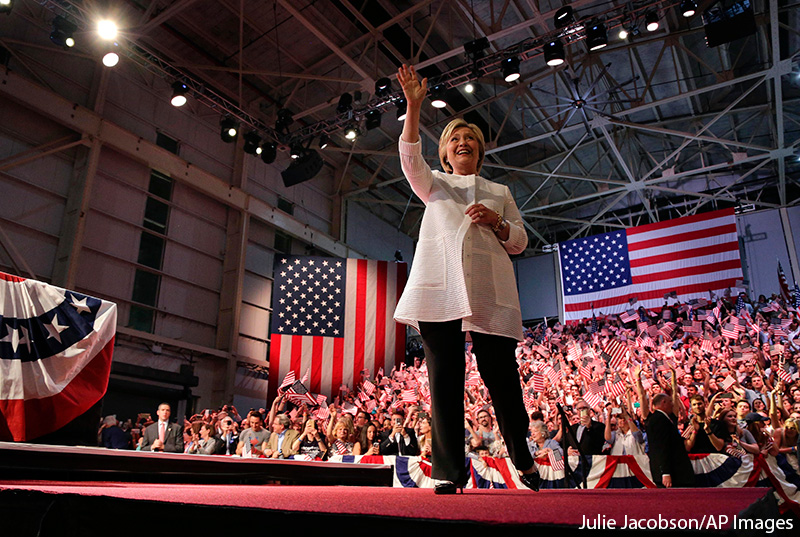
The Final Stretch
On June 7, voters from six states went to the polls to cast their votes in the primary election. North Dakota, Montana, New Jersey, New Mexico, and South Dakota. But it was California that got the majority of the attention. This is because of its 475 delegates at stake, the largest of any state so far. Here is a breakdown of the results for the Democratic contenders, Hillary Clinton and Bernie Sanders–
- Montana Bernie Sanders dominated Big Sky country in this round of primaries. As one of two state wins for the Vermont senator, Sanders won Montana with a slight majority (11 delegates to Hillary Clinton’s 10).
- New Jersey It was the timing of the Garden State’s results that pushed Clinton past the number of delegates needed to clinch the nomination. The gap in New Jersey was wide, with Sanders taking 47 of the delegates and 74 going to Clinton.
- New Mexico In one of two tights races of the evening, Clinton beat out Sanders by two percentage points, nearly splitting the states 34 delegates (18 for Clinton and 16 for Sanders).
- North Dakota Voter turnout “far exceeded expectations” for this state’s caucus. Of its 18 available delegates, Sanders took twice as many as his opponent (13), leaving Clinton with just five.
- South Dakota This race was as equally close as New Mexico in terms of percentages (51% to 49% for Clinton and Sanders, respectively), but the candidates split the state’s 20 delegates down the middle.
- California Both candidates campaigned very hard in California leading up to election night. The state saw an increase of two million new registered voters since January. Despite several last-minute polls that predicted a two-point percentage race, the reality proved to be quite different, with Clinton winning 5.8% to Sander’s 43.2%. The allocation division ended up as 269/206.
Clinton Makes History
The United States has chosen its first female presumptive presidential nominee in its history. During a victory rally held on election night in Brooklyn, Clinton talked about uniting the Democratic Party and took on general election opponent Donald Trump, calling him “temperamentally unfit” to lead the country. Despite Sanders’ refusal to suspend his candidacy, Clinton congratulated her opponent on his efforts and said that Sanders’ efforts were “good for the Democratic Party.”
Bernie “Continues the Struggle”
Despite the fact that Clinton has earned enough delegates to secure the Democratic Party nomination outright, Sanders said that he will stay in the race until the very last primary, which takes place in Washington, D.C. next week. He did acknowledge that any fight before him would be “very, very steep.” While in the nation’s capital, Sanders will meet with President Obama to discuss the issues at stake in the upcoming election. Trump publicly addressed Sanders frustrated supporters, welcoming them with “open arms.”
What Do You Think? Bernie Sanders has vowed to extend his campaign through the Democratic National Convention. Find out what this might mean in terms of Superdelegates and how it might affect Hillary Clinton’s campaign strategy.


